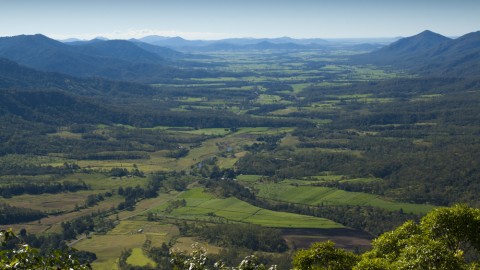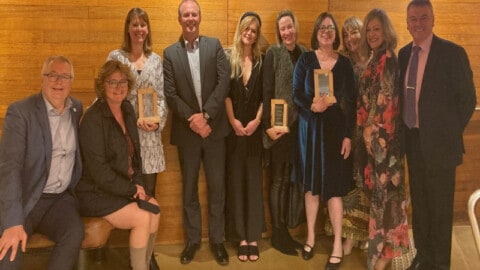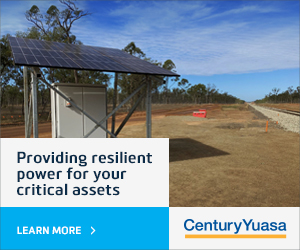by Janine Young, Ombudsman, Energy and Water Ombudsman NSW
Twenty-one years ago the corporatisation of the electricity sector led to the Energy and Water Ombudsman NSW (EWON) being officially launched.
What’s changed since then? In 1998, five staff handled 180 complaints about seven providers. Today, 80 staff manage over 26,000 complaints annually from over 110 energy and water providers. Customers living in apartment complexes, residential parks and retirement villages with embedded networks can now also access EWON’s free, fair and independent dispute resolution service.
Technology is rapidly changing the energy sector. Solar panels, digital meters and battery storage are leading to more consumers and communities producing and even on-selling energy.
What does this mean for NSW consumers? There’s now more choice than ever when it comes to energy providers, and customers need to be better informed to identify and secure the best deal. Those who can engage with new technology can find themselves without the consumer protections they once took for granted as regulation struggles to keep up. We’re working to address this.
What hasn’t changed since EWON was established is the challenge many households face paying their energy bills. Australian Competition and Consumer Commission (ACCC) data shows electricity prices were aligned with CPI and wage growth until 2008. Since then, electricity has grown significantly above both indexes.
Australian Energy Regulator (AER) data shines a light on energy affordability. The number of consumers in debt in 2017/18 decreased by 17 per cent, but the amount of their debt grew by 34 per cent. It also reports that less than one per cent of NSW consumers are receiving affordability program support. On the other hand, according to the Australian Council of Social Services, 13 per cent of Australians live on or below the poverty line. This gap seems too wide.
The AER released a Hardship Guideline in March 2019 aimed at strengthening and providing consistency across energy retailers’ affordability programs. Retailers responded by releasing new programs in early October. It is early days, but these new programs should see customers experiencing financial vulnerability receiving assistance that will ease the burden of their energy bills. And the gap between consumers receiving affordability program assistance and those living on or below the poverty line should reduce.
Over the last ten years, the proportion of complaints related to credit made to EWON has remained steady. In 2018/19, 21 per cent of our 26,215 complaints included payment difficulties, disconnection of supply and credit default listings. In 2008/09, 22 per cent of 10,928 complaints related to those issues.
Positively today, consumers experiencing affordability challenges have more access to short- and medium-term support. This support helps consumers experiencing financial crisis such as job loss or illness. But it doesn’t address the real problem for many other consumers.
People on low incomes are continually disproportionately affected by energy costs. They often rent and may live in poorly maintained housing with little control over the energy efficiency of their home, which may also have older, less efficient appliances. For those living in rural and remote areas, this is exacerbated by extreme temperatures requiring heating and cooling throughout the year, and high food and transport costs.
Affordability programs are only one part of the solution required – government rebates and concessions, improved social and community housing, and a decrease in energy costs overall are required to contribute to a holistic solution.
EWON will continue to adapt to the new environment and provide consumers with free, fair and independent dispute resolution services. We will identify systemic issues impacting consumers, influence government and regulator policy, and engage directly with the community for the next 21 years and beyond.
Of equal importance, EWON will continue to collaborate with the energy sector, government, consumers and peak bodies, working towards overall energy affordability.















